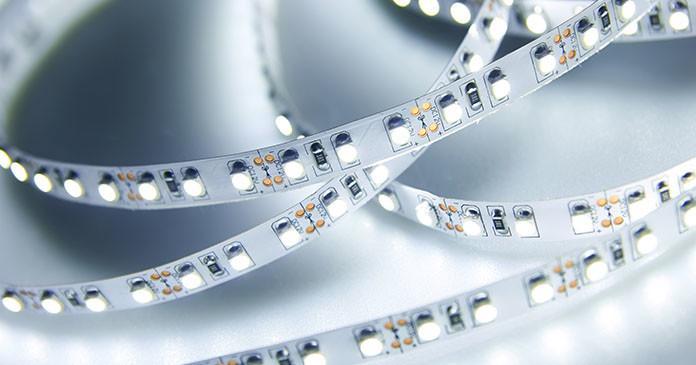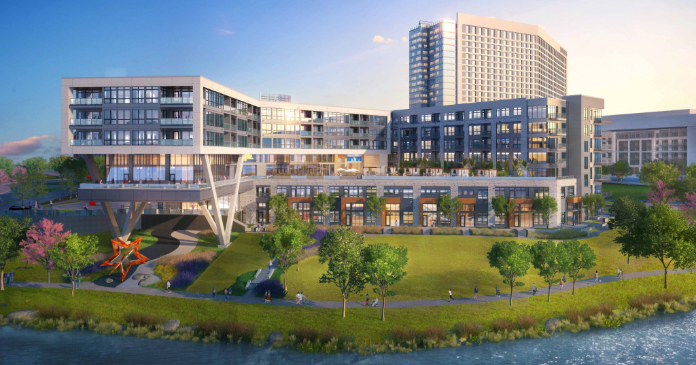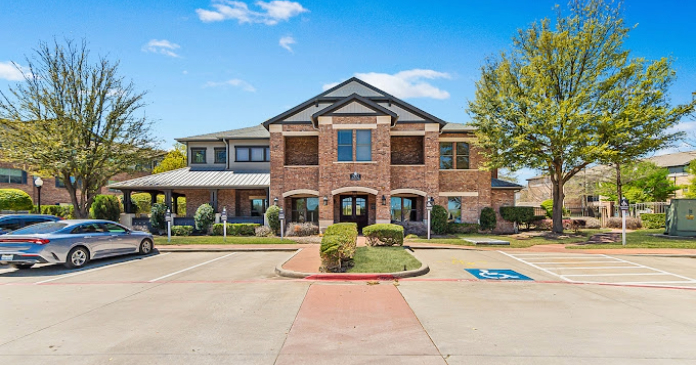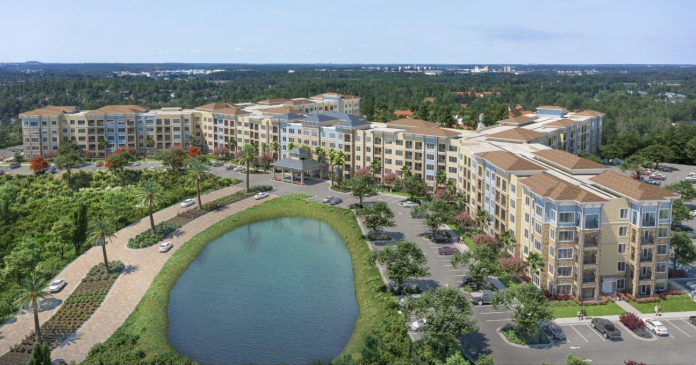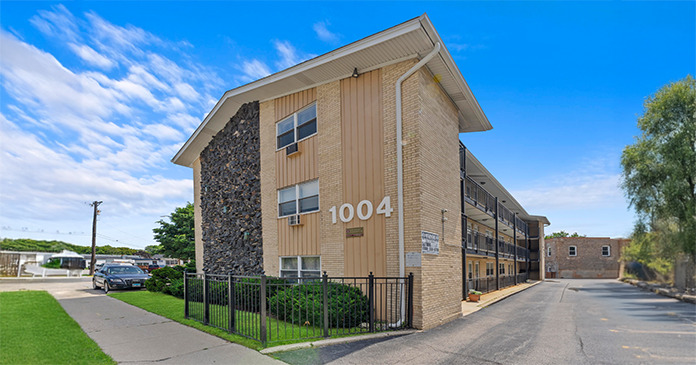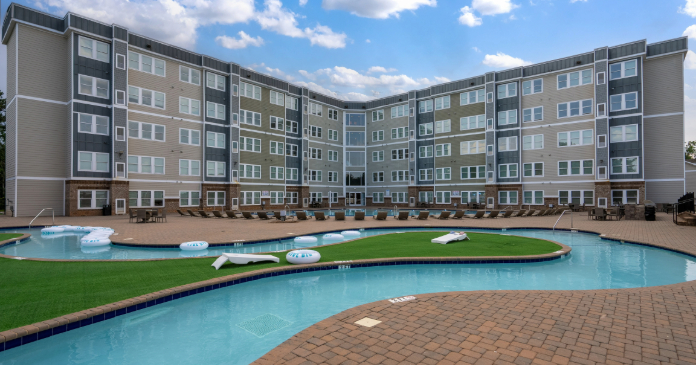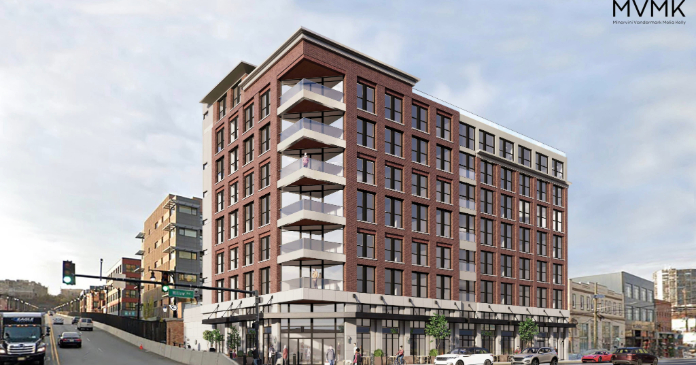Utility Revenue Services, a decade-long-plus player in utility revenue recovery for apartment properties, has extended its offerings to include LED lighting analyses and related capital projects. Rapid advancements in solid state lighting along with a precipitous fall in price have lowered the barrier to entry for LED retrofits for apartment properties and have created a compelling business case: energy savings from LED technology is, on average, about 75 percent over traditional technologies, with less heat output and 25-times the lifespan of incandescent.
“LED pricing has dropped more rapidly than that of other technologies,” said Brendan Addis, principal at Utility Revenue Services. This has resulted in higher global adoption (over 10 percent worldwide), with the fastest growth in Asia and Europe. The United States is in the beginning stages of adoption. LED lighting retrofits for apartment communities have one of the easiest business cases to prove and are one of the easiest capital improvements to implement.
“The heart of effective facilities management is utilities,” said Addis. “LED technology has pierced the split incentive barrier in apartments and has converted passive residents into active stakeholders. LED lighting directly affects the resident experience and provides a significant upgrade as well as cost savings for both owners and residents. Through our focus on analytics and conservation, we’ve been able to reduce energy consumption and costs by millions of dollars every year. But honestly, nothing we have done before has the vast cost saving potential of LED lighting and benefits both owners and residents,” Addis said.
McKinsey and other research firms project the LED lighting market to be over $100 billion by 2025. In addition to their high operational efficiency, dropping production cost and moderate heat output, smart or connected applications are helping to drive LED’s explosive growth. LED lighting can also be tuned to most closely emulate natural light, so it’s healthier for occupants.
“Energy efficiency as a service has created a no-cost entry point for apartments, making the business case for LED lighting even more compelling,” said Addis. “The EPA’s qualification threshold re-set is going to be huge, and an LED retrofit could be the difference between keeping a property’s Energy Star rating—or losing it,” he said, “LED is one hard and fast way to preserve the investment of time and resources it took to obtain a green certification for properties on the edge.”
The Energy Star recalculation could also affect a property’s other standings such as LEED certification. To find out how you can reduce the risk of losing your property’s LEED certification by utilitizing LED lighting programs, contact Tom Spangler of Utility Revenue Services at tspangler@utiltyrevenue.com.
About Utility Revenue Services
Utility Revenue Services is a national energy consultancy company. The organization improves real estate asset performance by improving utility operations, optimizing energy efficiency and by providing turnkey solutions for the fastest possible return on investment through lowered utility costs. Headquartered in Dublin, Ohio, the company has grown rapidly by empowering apartment owners and operators as active agents in the utility spend of their buildings. Gaining control of utility costs, one of the highest expenses on a property, improves asset value, provides competitive advantages and often enables the asset to qualify for energy efficiency certifications. Such certifications have become a springboard for everything from low-to-no-cost green financing to grants and more.
Utility Revenue Service has improved the performance of over a half million apartment units since 2006. Those assets continue to experience increased net operating income, currently over $45 million annually and growing. Utility Revenue Services’ has many high-profile projects underway in military housing, student housing, and multifamily that will deliver significant net returns in annual expense recovery upon their completion this year.


